Gabriel Popkin
Winter 2013-14 science writing intern

Trustworthy journalism comes at a price.
Scientists and journalists share a core belief in questioning, observing and verifying to reach the truth. Science News reports on crucial research and discovery across science disciplines. We need your financial support to make it happen – every contribution makes a difference.
All Stories by Gabriel Popkin
-
 Math
MathNational Museum of Mathematics is antidote to math phobia
New York's National Museum of Mathematics offers a physical, tactile, even rambunctious presentation of math.
-
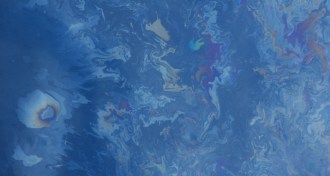 Oceans
OceansDeepwater Horizon methane lingered longer than thought
Microbes may not have consumed methane from the 2010 Deepwater Horizon oil spill as fast as previously thought.
-
 Math
MathThe Improbability Principle
The laws of mathematics and physics suffice to explain a world of coincidences, statistician David J. Hand argues.
-
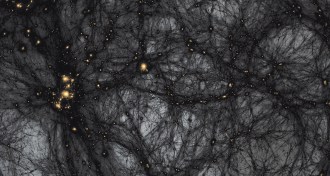 Astronomy
AstronomyIlluminating a dark universe
The film "Dark Universe" compresses a century of discovery into a crisp, comprehensible half hour.
-
 Quantum Physics
Quantum PhysicsMajor step taken toward error-free computing
Physicists have achieved nearly perfect control over a bit of quantum information, bringing them a step closer to error-free computation.
-
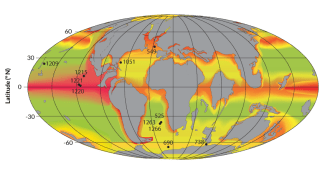 Climate
ClimateOcean bacteria may have shut off ancient global warming
Ocean-dwelling bacteria may have helped end global warming 56 million years ago by gobbling up carbon from the CO2-laden atmosphere.
-
 Climate
ClimateCloudy forecast
Over decades climatologists have grown more confident in their projections of the future impact of greenhouse gas emissions. But whether shifts in cloudiness will amplify global warming continues to vex researchers.
-
 Particle Physics
Particle PhysicsCatching Particle Fever
Interspersed with the plot of Particle Fever are artful explanatory animations and commentary by six articulate physicists. Through these characters, we learn that the Higgs is a stepping stone toward a deeper understanding of the universe.
-
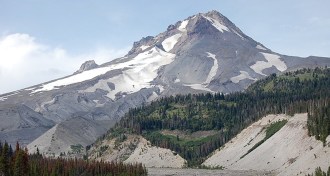 Earth
EarthMagma spends most of its existence as sludgy mush
Volcanic magma may spend most of its time in a chunky state resembling cold porridge, a new study finds.
-
 Earth
EarthThe Sixth Extinction
On only five occasions in Earth’s long history has a large fraction of the planet’s biodiversity disappeared in a geological instant. But, journalist Kolbert reminds us in her new book, we are well on our way to making it six.
-
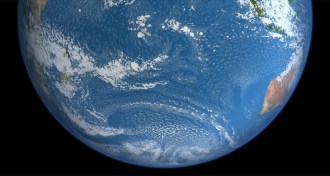 Climate
ClimateWeather patterns over Southern Hemisphere have a regular pulse
Variations in energy and rainfall over the Southern Hemisphere follow a pattern that repeats every 20 to 30 days.
-
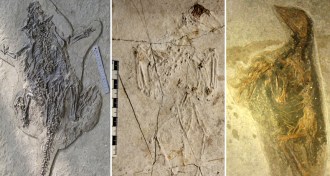 Paleontology
PaleontologyRivers of rock and gas froze ancient animals in time
Ancient Chinese fossil beds were preserved by high-speed rivers of volcanic rock and gas.